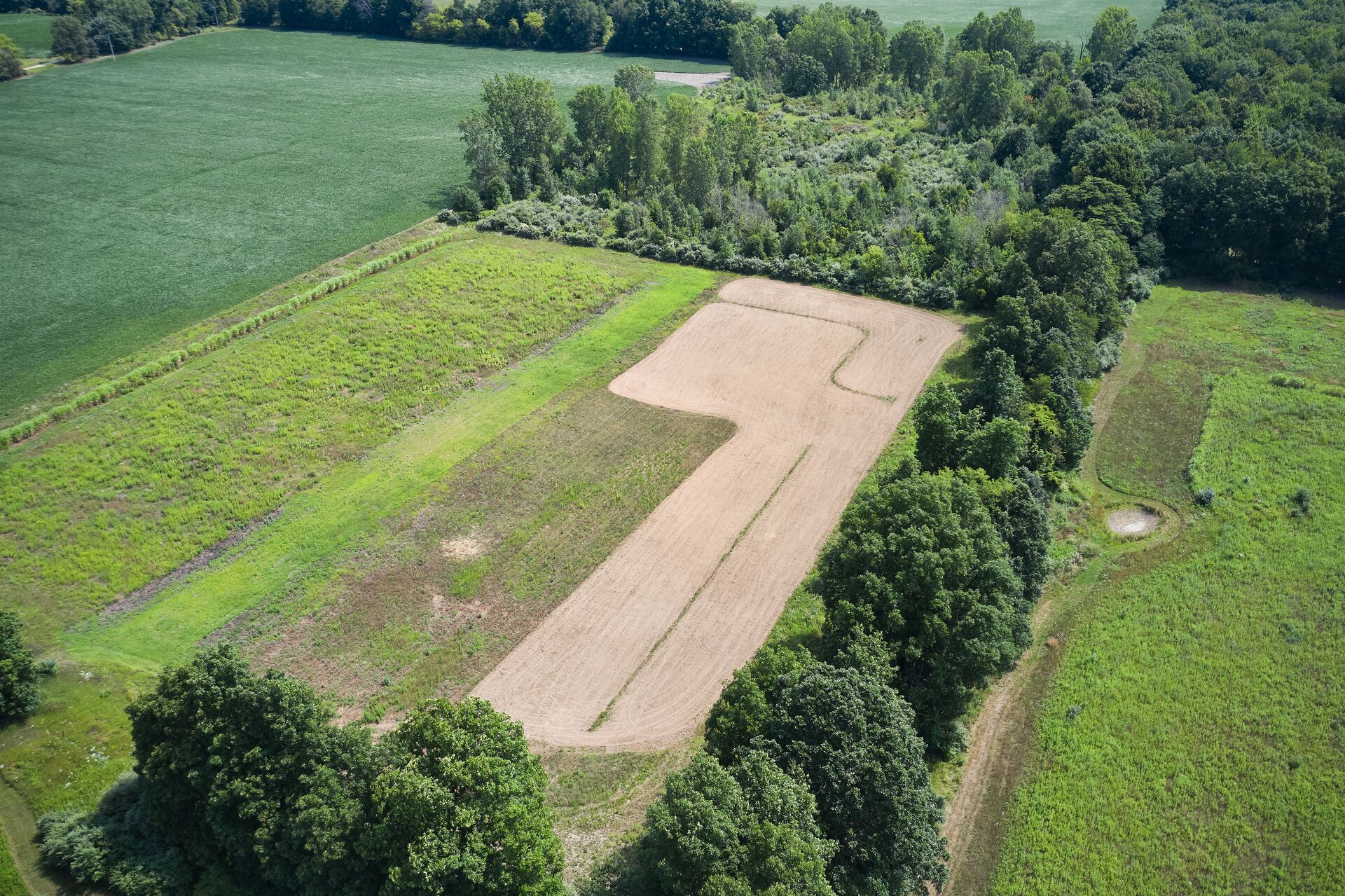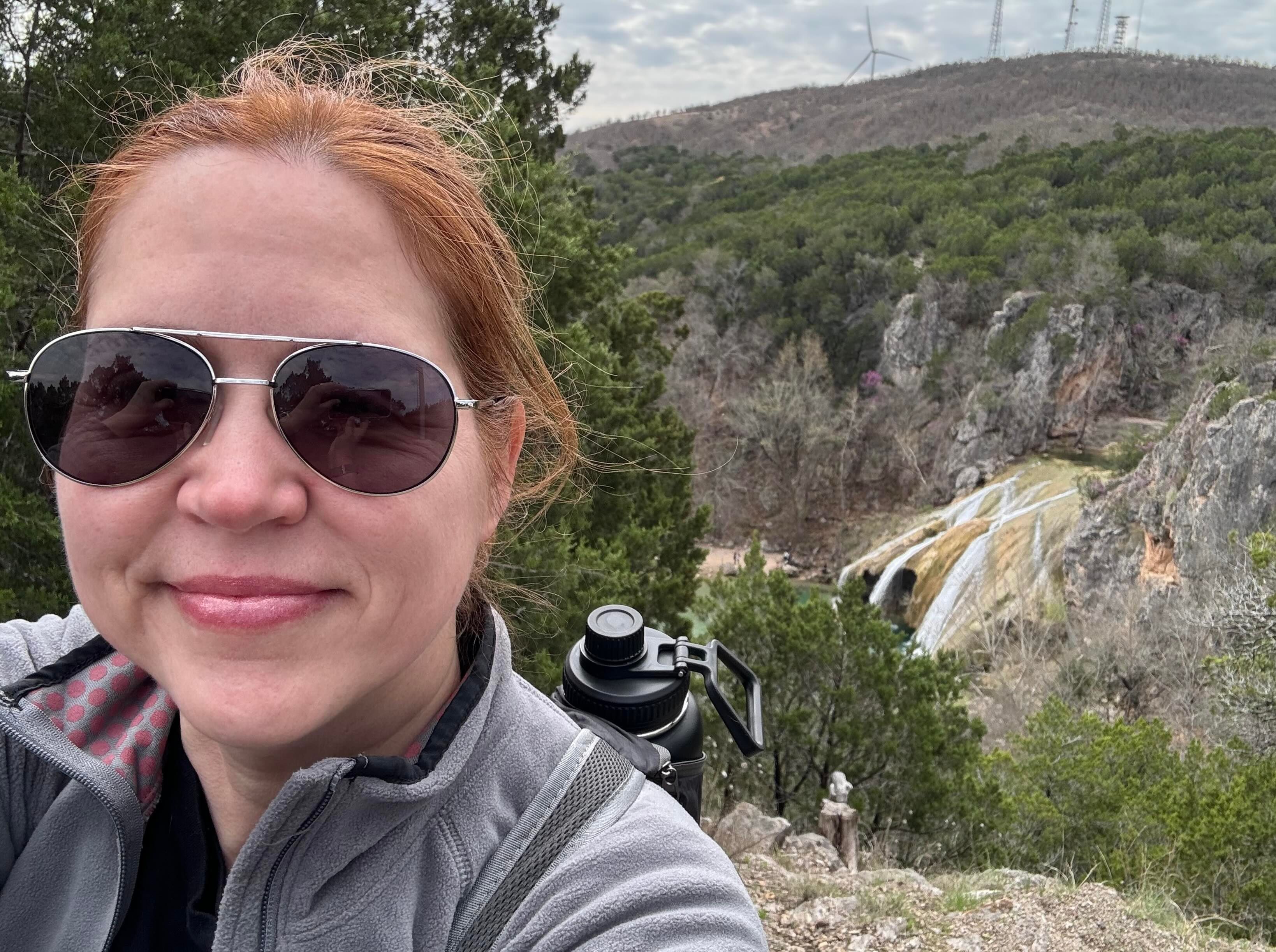Laws can vary between states or regional areas of the country. Violating them intentionally or out of ignorance can lead to fines, loss of hunting rights, and reputational damage costs that will limit your hunting opportunities in the future.
Whether you hunt public land, are looking for private opportunities, or are interested in seeking permission, explore the tips below to ensure you're hunting responsibly and legally.
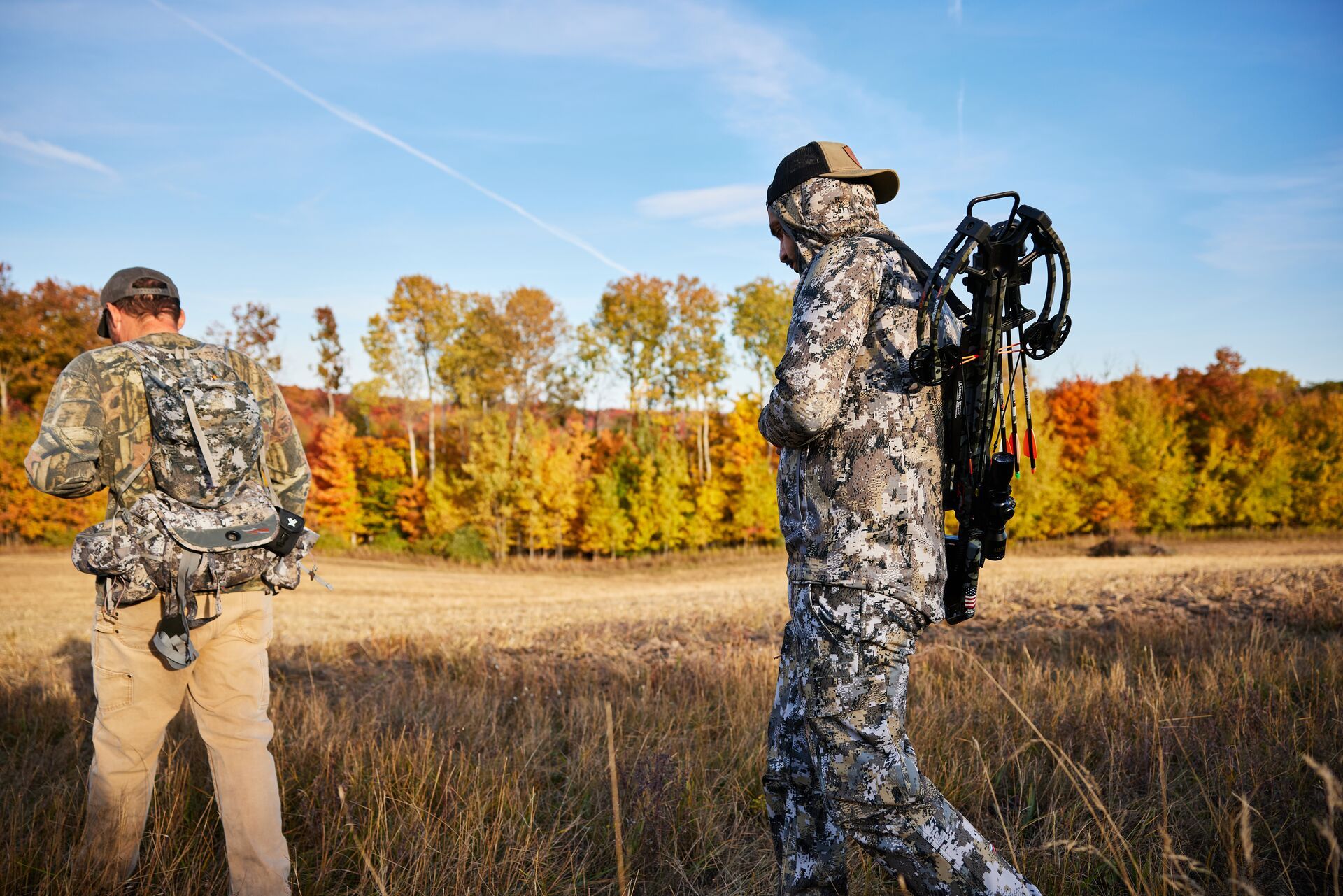
Understanding Private Land Hunting Laws
The fundamental tenant of private land hunting laws states that owners have the legal authority to control access to their property. Landowners can determine who may or may not enter their property for any reason, including hunting. They can also choose the conditions when hunting occurs on their land.
However, federal and state environmental regulations will affect the landowner's ability to use and manage their hunting land, including the activities of permitted hunters. Landowners and hunters should be aware of these regulations to ensure they abide by the law, hunt by permitted methods, target appropriate species, follow the outlined timeframes, and more.
Posting signs such as "no trespassing" or "hunting by permission" will depend on state laws. In 22 states, owners don't have to post, but many may choose to, regardless of the obligatory nature of posting. Signage reminds trespassers that legal or punitive action can be taken against violators and protects owners in case of an accident.
Some landowners lease their property for hunting, creating a formal agreement that defines what hunters can and cannot do. Experts typically recommend that these landowners consult legal advice to establish legal protections such as liability waivers, access rules, and terms of use.
The Importance of Permission
In most states, hunters must obtain consent to hunt on private land, even if promoted through a government initiative, and carry written permission from landowners while hunting private property. Even if it's not "required" in your state, it's just a good idea and good hunting etiquette to get permission before hunting anyone's land.
A written document serves as protection in case you are questioned by law enforcement. Access days, hunting methods, restrictions, or party numbers will also dictate hunting permissions. Breaching these conditions may qualify you as a trespasser even if you have written authorization but are in breach of other terms.
While verbal agreements may suffice in some areas, written permission is always recommended to prevent misunderstanding, ensure compliance, and outline liability.
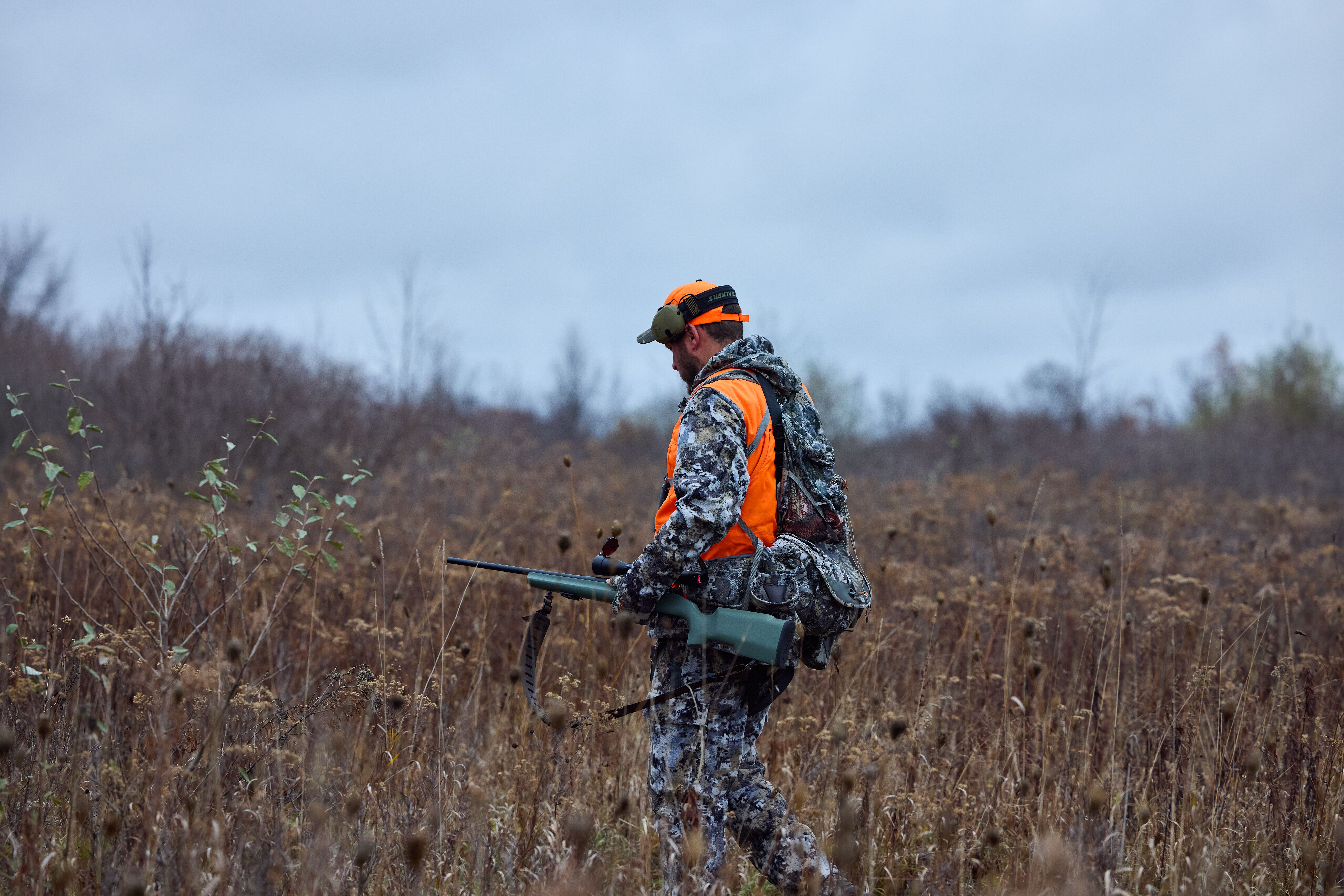
Trespassing is a Serious Offense
Even if it's an accident, getting caught hunting on someone's land where you don't have permission is trespassing and can come with serious consequences.
City, county, and state law enforcement officers can enforce trespassing laws, and breaching this fundamental right can bring legal and ethical costs. Penalties for trespassing can include fines, hunting license suspension, and even criminal charges in cases of severe breaches or additional violations such as property damage.
Trespassing doesn't only refer to actively hunting private land but can also include minor acts such as walking across private lands while tracking a game animal.
In addition to fines, you risk ruining your reputation as a responsible hunter if you're caught walking through or hunting on someone's land when you don't have potential. It also sets a bad precedent for the sport of hunting and hunters in general.
Your mistake could lead landowners to restrict hunting for all hunters in the area. So, don't ruin it for everyone. Get permission.
How to Identify Private vs. Public Land
Understanding whether you're on private or public hunting land is essential for ethical and lawful hunting. GPS mapping and hunting apps can help identify land boundaries and showcase clear demarcation lines and access points.
The HuntWise land boundary feature provides hunters with detailed maps and property boundaries showing whether the land is public, private, or leased. Additionally, users can access landowner information to help them seek permission to hunt.
The offline feature of downloading maps will ensure you stay compliant even in remote areas with limited service.
However, for an old-school approach, you can check county land records to confirm land ownership and boundaries through the local county records.

Understanding Landowner Rights and Protections
Liability is one of, if not the most essential, component of private land leasing for a landowner. Many states mandate laws that limit liability for landowners who allow hunting (provided no fees are charged), and all parties must ensure appropriate insurance and correct permits.
Landowners maintain the right to revoke permission at any time, and hunters must comply immediately with this request and cease all hunting activities.
How To Maintain Positive Relationships With Landowners
Allowing hunting on private land is no small thing. As hunters, we must uphold the values of respect by treading lightly and leaving no trace of our presence behind. This means cleaning up messes, taking all trash, not damaging the land, and not disrupting the ecosystem.
When interacting with landowners, show appreciation by offering to undertake some tasks on their land, such as fence repairs or invasive species control. This can go a long way in earning a landowner's trust. Small gifts like venison are always appreciated, and a thank-you card is a great way to show appreciation.
Maintaining these relationships can ensure future hunting opportunities and may increase the chances of a referral to another private landowner.
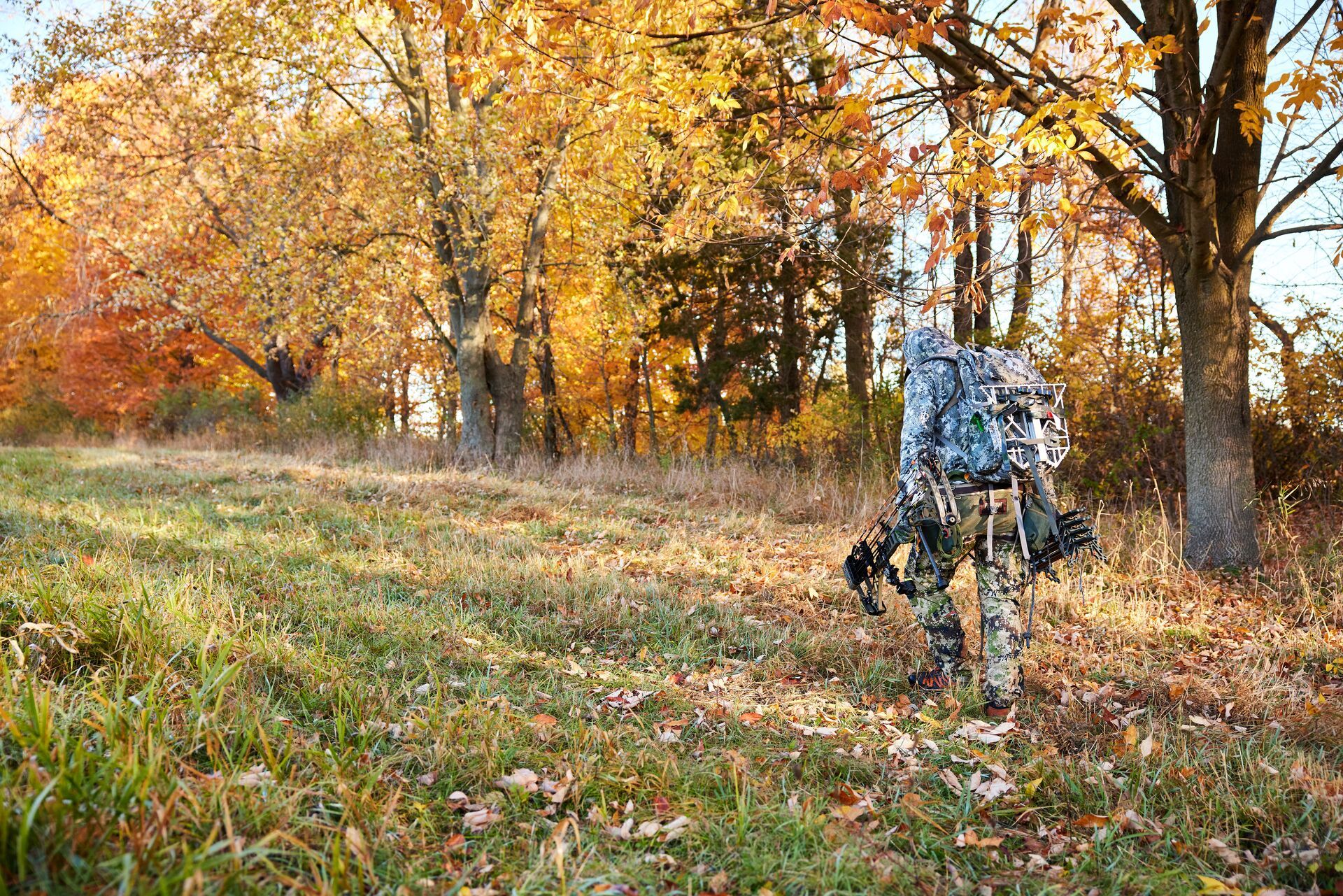
Research State-Specific Hunting Laws
Real property laws differ from state to state, so it's essential to research the specific laws in the state where you plan to hunt. Rules for accessing private land and penalties for trespassing can vary widely.
What about other regulations? Do you need hunting license to hunt on private property? Hunting-specific laws, such as the requirement of a hunting license to hunt privately, can also change from region to region, so pay close attention to guidelines established by the landowner and the governing environmental body.
Take Proactive Steps to Avoid Trespassing
You can avoid getting into trouble through trespassing by taking precautions.
Always double-check property boundary lines with a GPS or hunting map (like HuntWise) to ensure you are hunting on permitted land, and contact the landowner for clarification if in doubt. Our maps are always up-to-date with the latest information from states and counties.
There should be no doubt when you step onto private land regarding stipulations such as bag limits, weapon restrictions, and season dates. Always confer with the landowner and get as much in writing as possible.
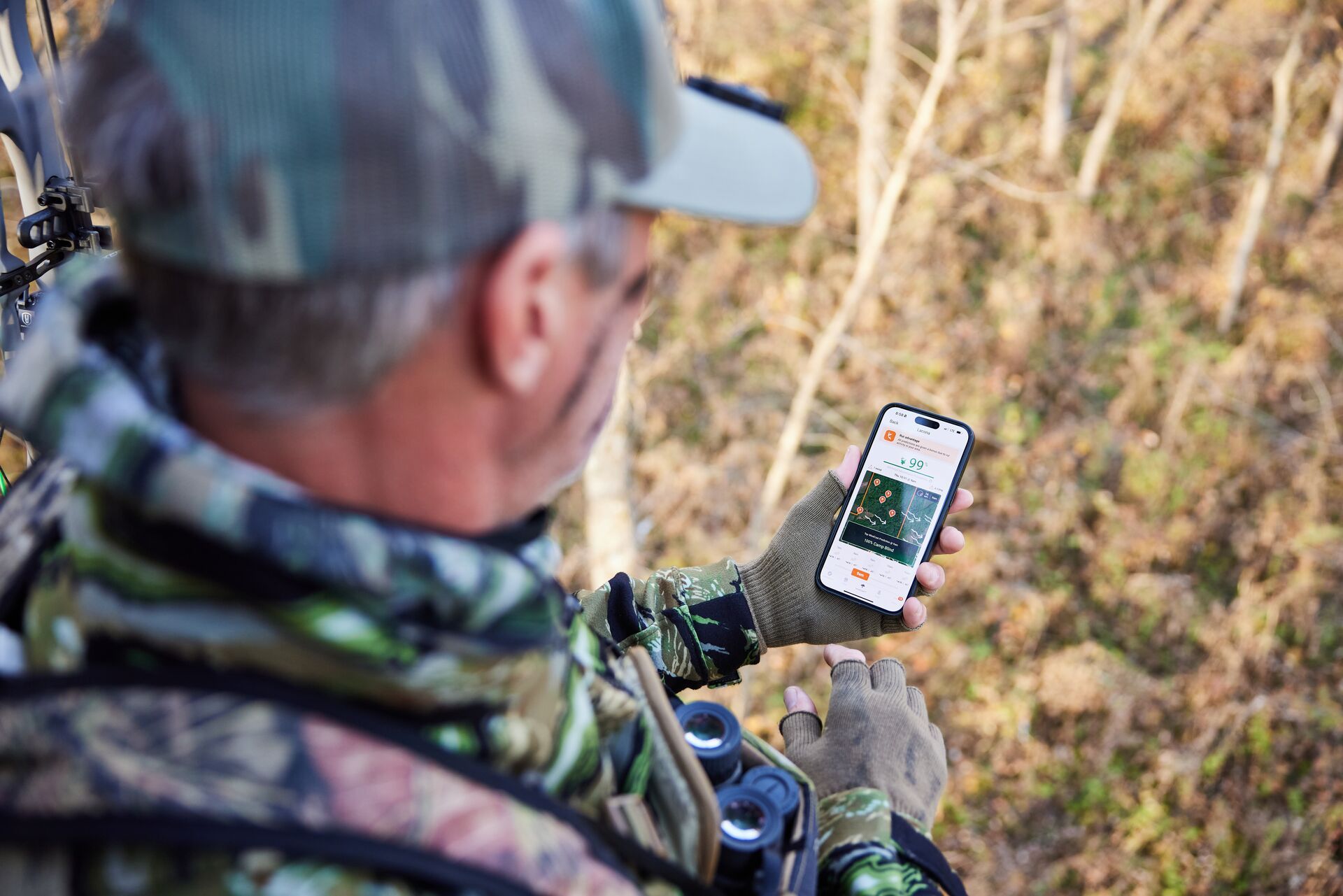
Whether Hunting Private or Public Land, HuntWise Keeps You in the Know
Hunting private land is a privilege that can deliver incredible hunting opportunities, well-conditioned game, and lifelong relationships with private landowners who see the value in leasing their land.
Avoiding cases of trespassing, even unintentional, is of the utmost importance to ensure legal and reputational protections. Make sure you understand private land hunting laws before gearing up and heading out for a hunt.
With the HuntWise app, you'll have access to interactive maps that indicate private and public land boundary lines and provide landowner contact details. You can also mark access points to the hunt area you plan to hunt to avoid crossing boundary lines where you don't have permission.
Ready to start exploring HuntWise and planning your next hunt? Download HuntWise and check out the app — free — for your first week.
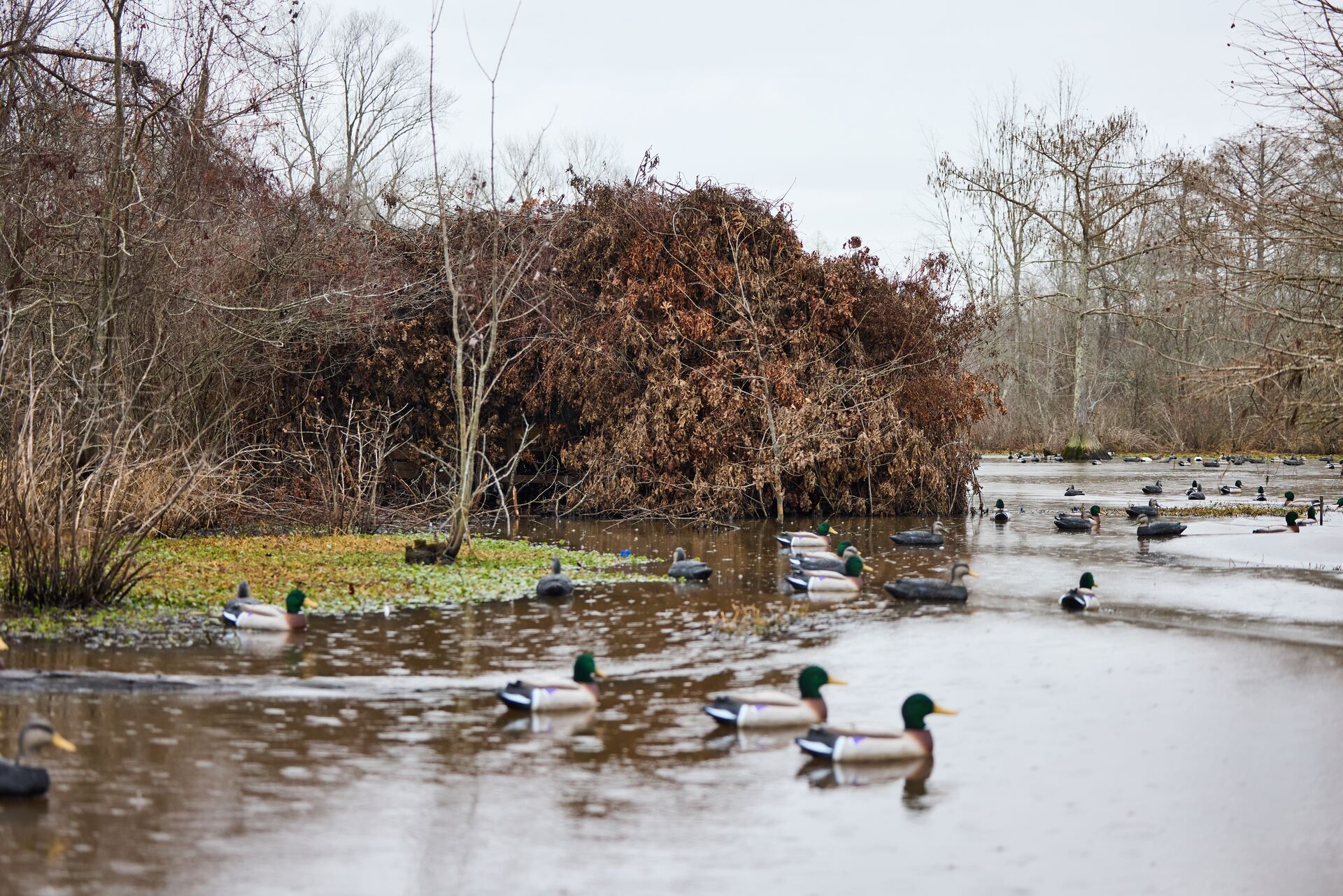
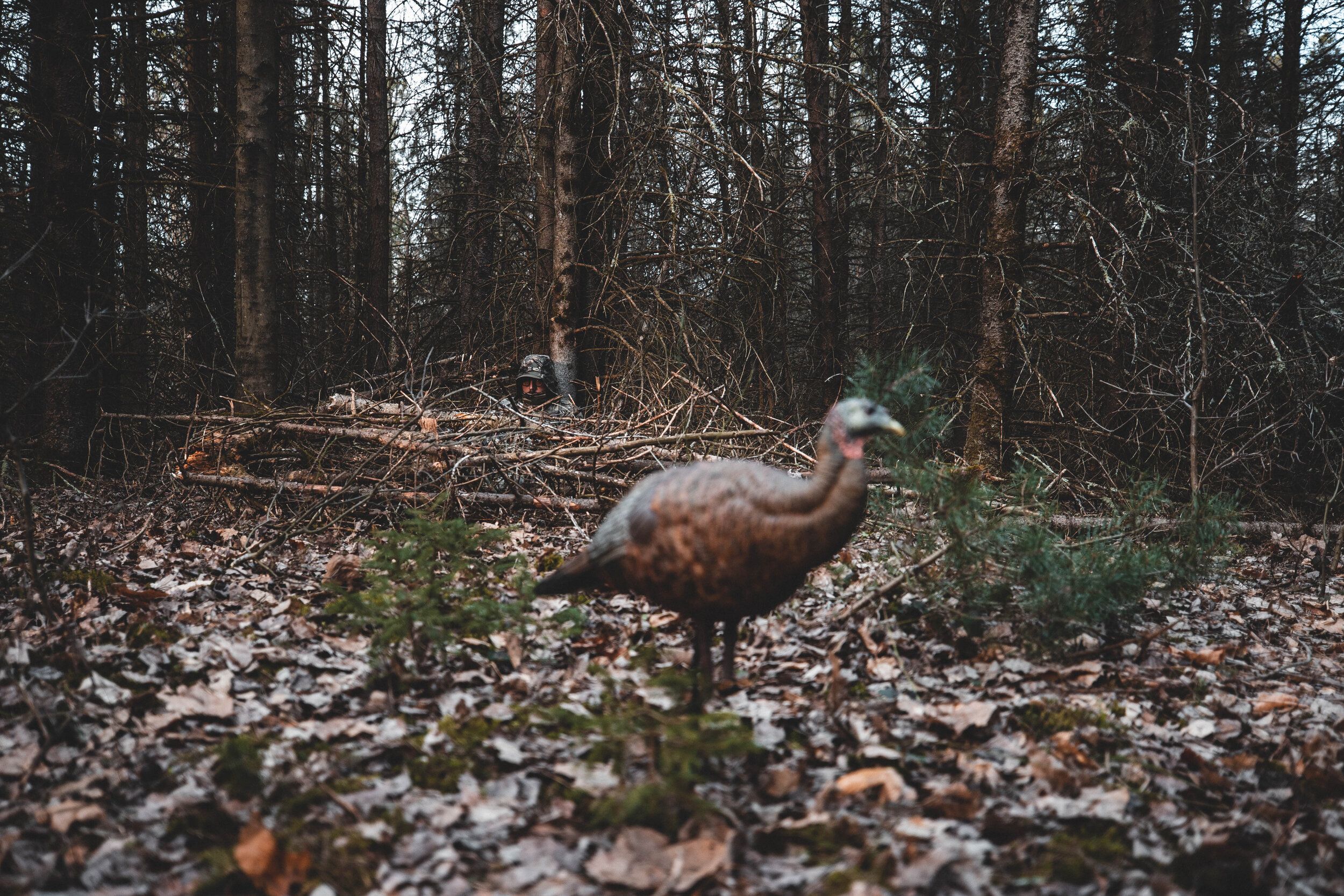 Hunting Tips
Hunting Tips Hunting Tips
Hunting Tips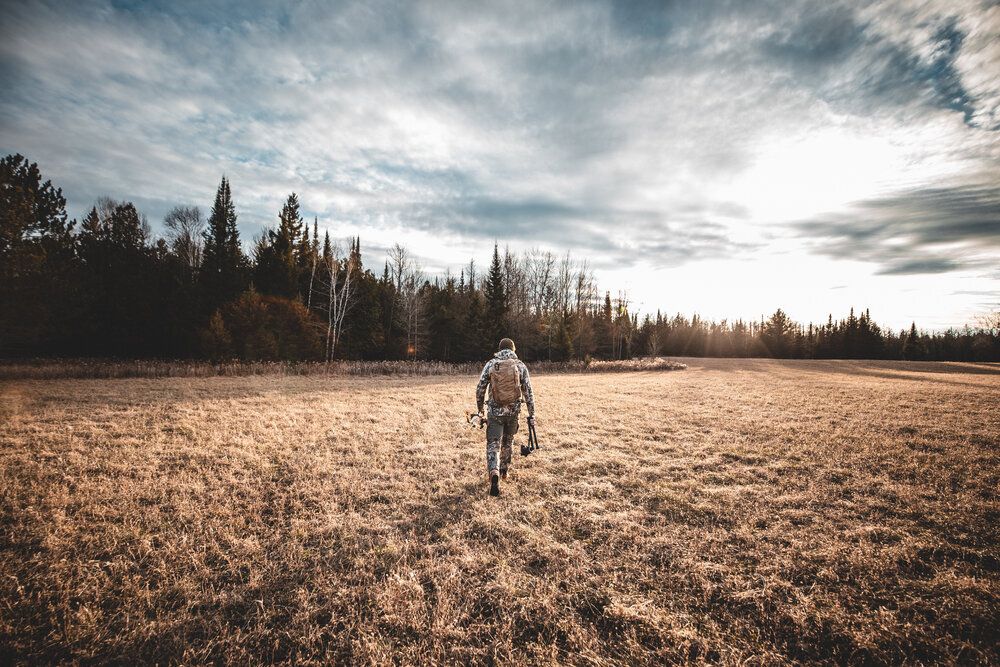 Hunting Tips
Hunting Tips